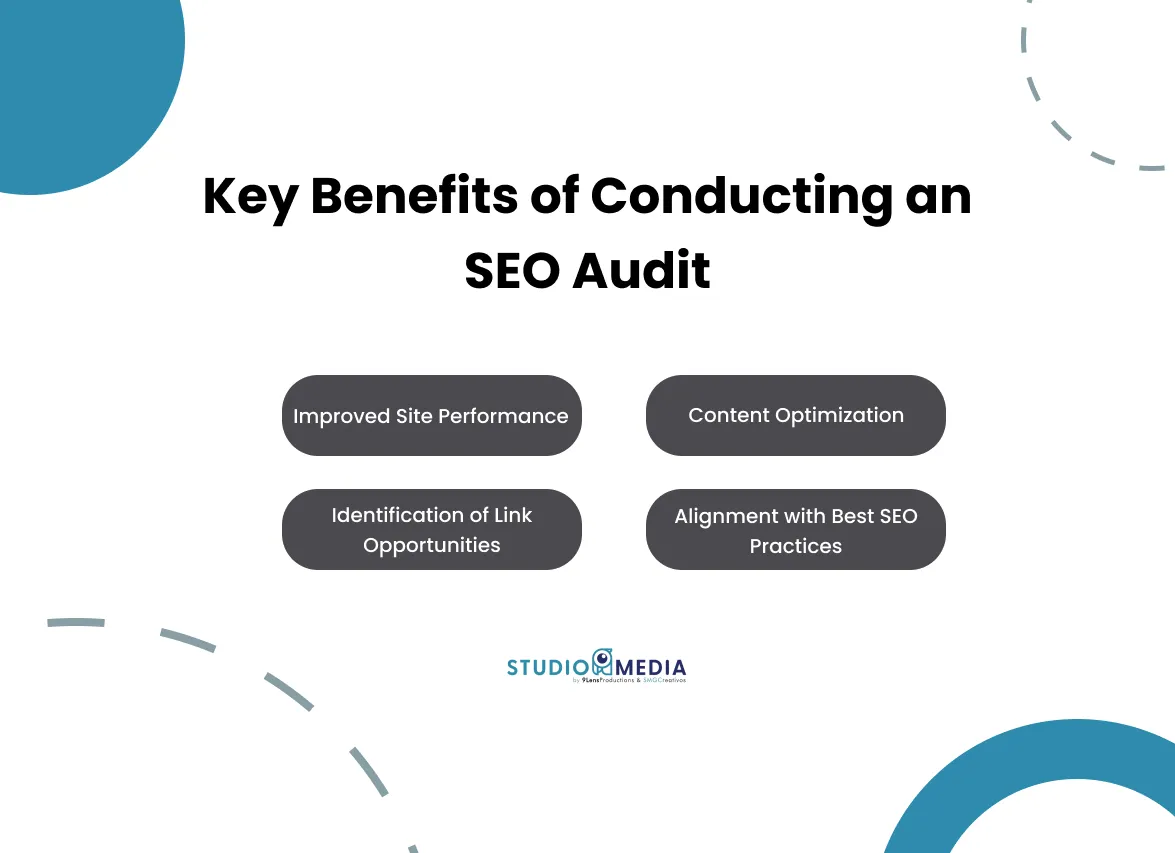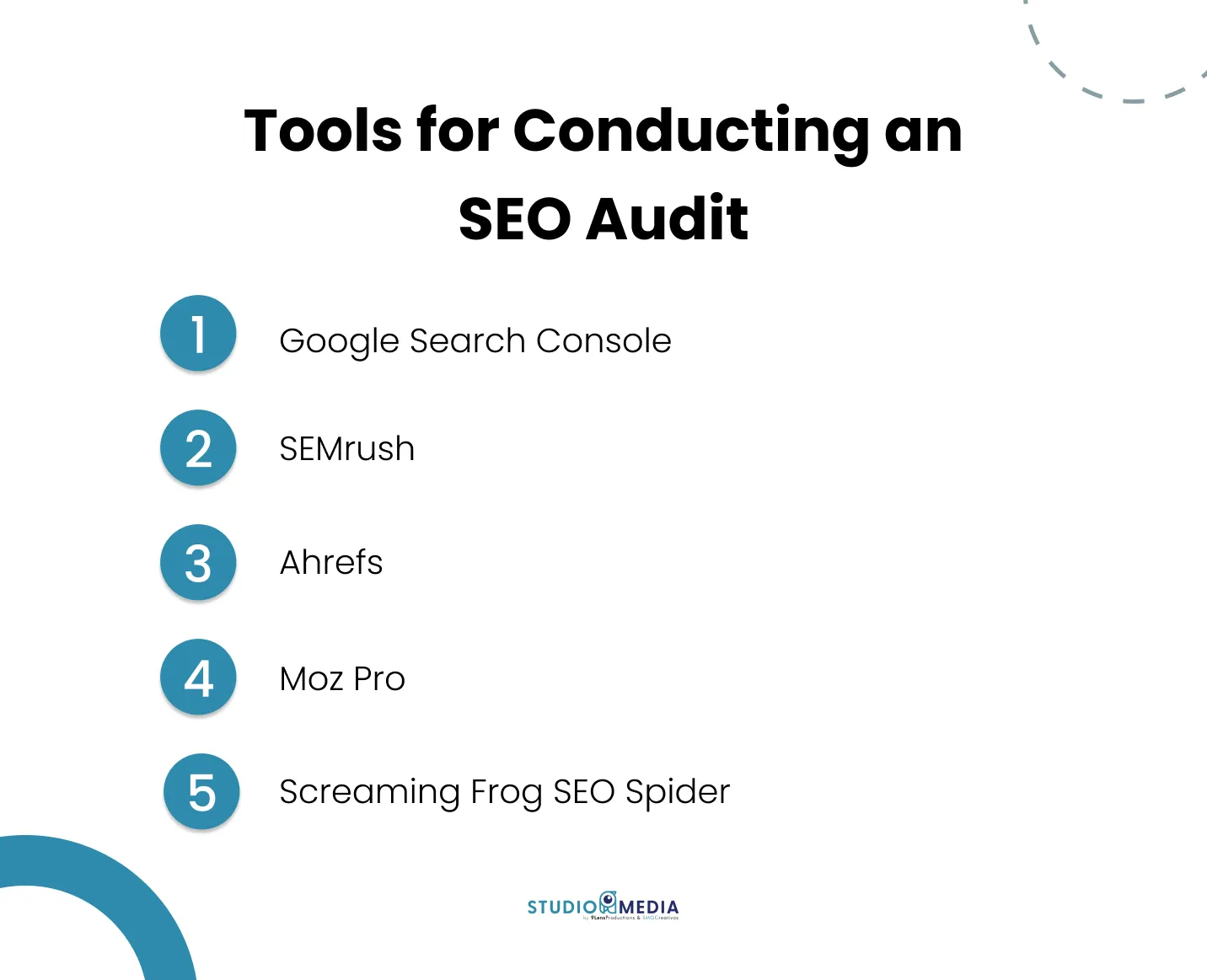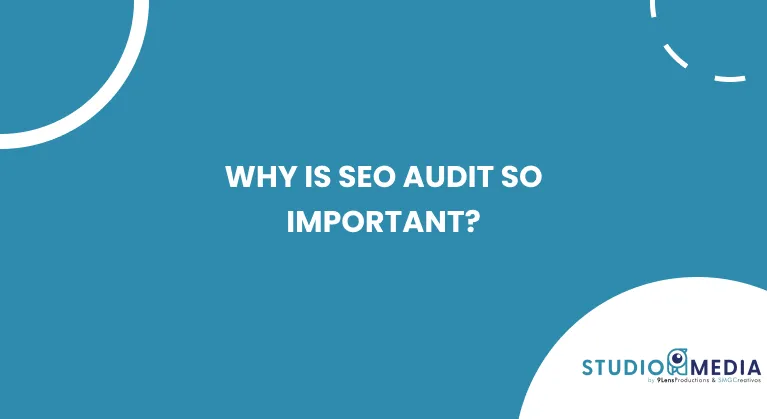In the competitive digital world, maintaining a strong presence in search engines is essential for any business aspiring to grow online. One of the most powerful tools to ensure that your website is optimized and performing at its best is the SEO audit.
This comprehensive process not only reveals areas that need improvement but also provides a clear path toward better visibility in search results. In this article, we’ll explore why SEO audits are so important and how they can transform your digital strategy.
What is an SEO Audit?
An SEO audit is a comprehensive analysis of a website’s infrastructure, content, and links, designed to assess how well it is optimized for search engines. This process includes reviewing various technical and non-technical aspects of your website to identify issues that could be affecting its performance in search engines.
Why it’s crucial
In my experience, an SEO audit acts as a diagnostic tool for your website’s health. Much like a medical check-up, it helps identify and correct issues before they become major obstacles to your site’s performance.
Reasons to Conduct an SEO Audit
Conducting an SEO audit is essential for several reasons. Here are some key motivations behind why you should regularly audit your website:
Identify and Fix Technical Issues
Over time, websites can develop technical problems such as broken links, slow loading times, or crawl errors. An SEO audit helps you identify these issues so they can be fixed promptly. For example, if your website has a high bounce rate due to slow loading times, an audit will pinpoint this issue, allowing you to improve your site’s speed and retain more visitors.
Optimize for New Search Engine Algorithms
Search engines, particularly Google, frequently update their algorithms. These updates can impact how your site ranks. Regular SEO audits ensure your site stays compliant with the latest SEO practices, preventing sudden drops in rankings. For example, after Google’s «Core Web Vitals» update, websites with poor user experience metrics saw their rankings decline. An audit would help you optimize your site in response to such updates.
Enhance User Experience (UX)
A well-structured SEO audit doesn’t just focus on search engines but also on the user experience. By ensuring your site is easy to navigate and free of errors, you enhance user satisfaction, which can indirectly boost your SEO performance. For instance, simplifying your website’s navigation and ensuring it is mobile-friendly can lead to longer visitor sessions and higher rankings.
Increase Organic Traffic
The ultimate goal of SEO is to drive organic traffic to your website. An SEO audit identifies areas where you can optimize your content and keywords to attract more visitors. For example, if you discover that certain high-performing keywords are underutilized on your site, you can adjust your content strategy to target these keywords more effectively.
Key Benefits of Conducting an SEO Audit
Conducting an SEO audit brings multiple benefits that can make the difference between a website that merely exists and one that leads in its niche.
- Improved Site Performance: An SEO audit can identify technical issues that might be slowing down your site, such as slow loading times, crawl errors, or usability problems. Fixing these issues not only enhances user experience but can also improve your search engine rankings.
- Content Optimization: SEO audits also review your site’s content to ensure it is optimized for the right keywords and provides real value to users. This is essential for maintaining the relevance and competitiveness of your content.
- Identification of Link Opportunities: Through backlink review, an SEO audit can uncover opportunities to gain high-quality links, which is crucial for improving your site’s authority and ranking.
- Alignment with Best SEO Practices: Audits ensure that your site is aligned with the latest search engine best practices, avoiding potential penalties and keeping it in a competitive position.

Key Elements of an SEO Audit
An SEO audit covers several essential components that together form a complete picture of your website’s SEO health.
Technical Audit
The technical audit is the foundation of any SEO analysis. It includes reviewing elements such as load speed, indexing, site structure, and mobile compatibility. These technical factors are fundamental to ensuring that search engines can efficiently crawl and index your site.
Content Audit
Content is one of the pillars of SEO. A content audit reviews the relevance and quality of your content in relation to the target keywords. It also evaluates the structure of headings, keyword density, and the presence of duplicate content.
Backlink Audit
Inbound links (backlinks) are vital for SEO, as they help build your website’s authority. This part of the audit focuses on reviewing the quality and quantity of backlinks, identifying toxic links that could harm your ranking, and seeking new opportunities to strengthen your link profile.
How an SEO Audit Improves Website Performance?
Once issues are identified and corrected through an SEO audit, the benefits to your website are significant. From improved site speed to greater search engine visibility, the impact is profound.
Personal experience: I have observed that, after conducting thorough SEO audits, many websites experience a significant increase in their search rankings. This not only boosts organic traffic but also increases conversions and ROI.
Tools for Conducting an SEO Audit
Several tools can help you conduct an effective SEO audit, providing insights and data that are crucial for making informed decisions. Here are some of the most popular tools and how they can assist you:
- Google Search Console: This free tool from Google is essential for any SEO audit. It provides insights into how Google views your website, including indexing status, crawl errors, and search performance. For example, you can use Google Search Console to identify and fix issues that might be preventing your site from being fully indexed by Google.
- SEMrush: SEMrush offers a comprehensive suite of SEO tools, including a site audit feature that scans your website for technical issues, SEO opportunities, and more. It’s particularly useful for identifying on-page SEO improvements and tracking keyword rankings. For instance, SEMrush can alert you to pages with missing meta tags or content duplication, both of which are critical to address in an audit.
- Ahrefs: Known for its powerful backlink analysis, Ahrefs is excellent for conducting a thorough audit of your site’s link profile. It helps you identify harmful backlinks that could be negatively affecting your rankings, as well as opportunities to gain new high-quality links. For example, Ahrefs can show you which of your competitors’ backlinks you might be able to replicate, thus boosting your site’s authority.
- Moz Pro: Moz Pro offers tools for keyword research, site auditing, and link analysis. Its Crawl Test tool is particularly useful for identifying crawl issues on large websites. For example, if your site has thousands of pages, Moz Pro can help you identify which ones are not being crawled correctly and why.
- Screaming Frog SEO Spider: This tool is a favorite among SEO professionals for its ability to crawl websites and provide detailed reports on broken links, duplicate content, and other SEO issues. For example, Screaming Frog can be used to generate an XML sitemap of your site, ensuring that all important pages are indexed by search engines.

Recommended Frequency for SEO Audits
The frequency with which you should conduct an SEO audit can vary depending on several factors, such as the amount of new content you publish or recent changes in search engine algorithms. However, as a general rule, it is recommended to conduct an SEO audit at least once a year, or more often if you are experiencing traffic fluctuations or drops in ranking.
Keeping Your Website in Top Shape with Regular Audits
SEO audits are not a one-time task; they should be an integral part of your digital marketing strategy. By conducting regular audits, you ensure that your website is not only in line with current best practices but also prepared to adapt to any future changes in search engine algorithms.
In summary, an SEO audit is an investment in the long-term health and success of your website. As I have personally experienced, the results can be transformative, driving not only traffic and conversions but also ensuring that your site remains competitive in an ever-evolving digital landscape.







